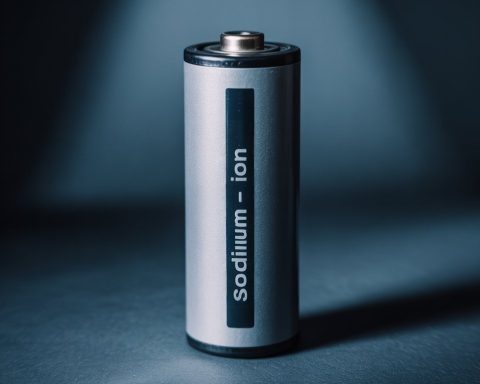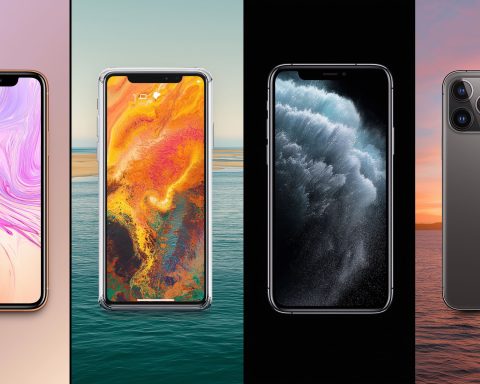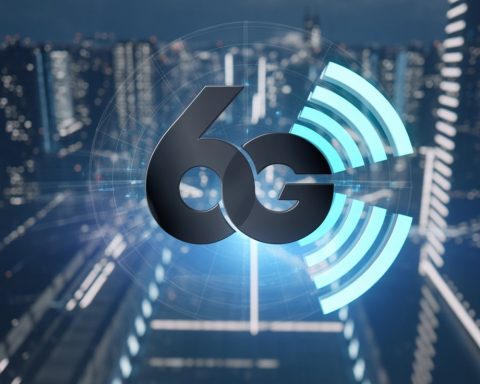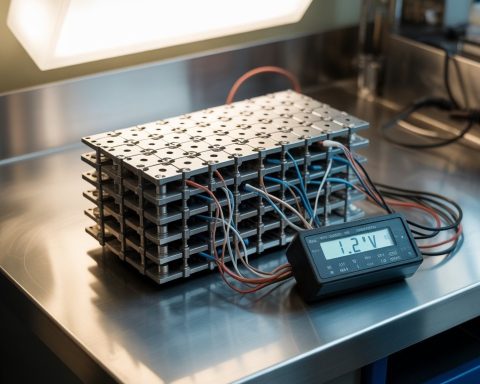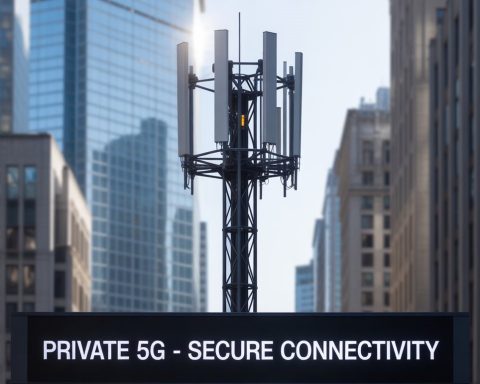
Telefóny Google Pixel konečne získavajú natívne nahrávanie hovorov — ako ho povoliť a kedy je to legálne (november 2025)
Čo je nové: Pixel konečne dostáva poriadny, vstavaný nahrávač hovorov Po rokoch obchádzania, trikov viazaných na regióny a nefunkčných aplikácií tretích strán Google potichu aktivoval natívne nahrávanie hovorov pre telefóny Pixel. Správy od 9to5Google, Android Authority a Android Central všetky potvrdzujú, že


